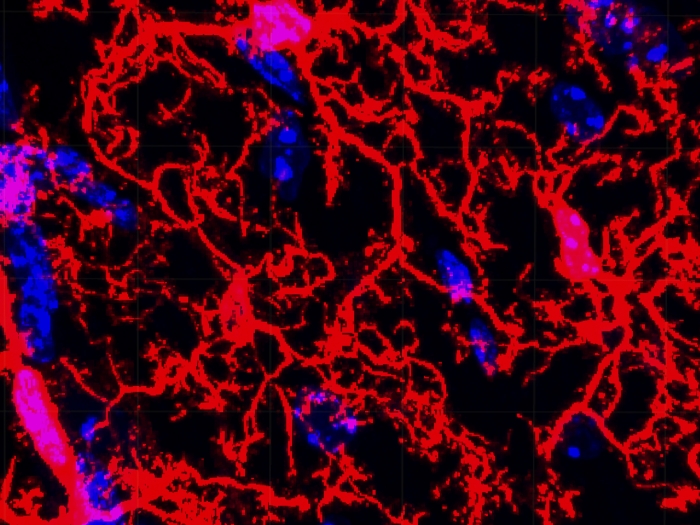Unlocking the complexities of the brain and reducing the impact of brain-related illnesses.

The brain regulates the body’s organ systems and helps us interact with the world. Understanding how the brain coordinates signals from inside and outside of the body and drives our health and behavior is the focus of Michigan Medicine’s world-renowned neuroscientists.
Our researchers are quickly advancing knowledge within the field, from understanding diseases of the brain, such as cancer, epilepsy and depression arise to unraveling the brain’s immense complexity.

Physical Medicine and Rehabilitation


Executive Director
Michigan Neuroscience Institute
Research Professor
Michigan Neuroscience Institute
Professor of Anesthesiology

Professor of Molecular, Cellular and Developmental Biology
College of Literature, Science, and the Arts and Professor of Biological Chemistry

Associate Professor of Neurology and Section Head
Multiple Sclerosis

Associate Professor of Neurology

Professor of Molecular and Integrative Physiology
Director Graduate Studies, Molecular and Integrative Physiology
Professor of Biomedical Engineering

Professor of Internal Medicine
Professor of Molecular and Integrative Physiology
Director of the A Alfred Taubman Medical Research Institute at Michigan Medicine
Professor of Nutritional Sciences

Research Assistant Professor
Michigan Neuroscience Institute


Professor of Radiology and Program Assistant
Lab Supervisor, Radiology

Professor of Internal Medicine
Professor of Psychiatry and Executive Director
Pain and Opioid Research
Translational Research
Department of Anesthesiology
Department of Biological Chemistry
Department of Biomedical Engineering
Department of Computational Medicine and Bioinformatics
Department of Learning Health Sciences
Department of Microbiology and Immunology
Department of Emergency Medicine
Department of Internal Medicine
Department of Obstetrics and Gynecology
Department of Orthopaedic Surgery
Department of Otolaryngology-Head and Neck Surgery


